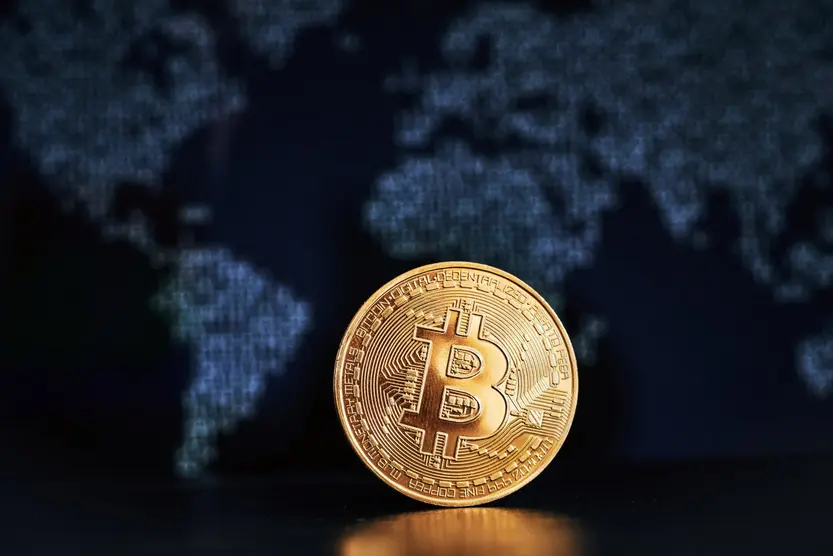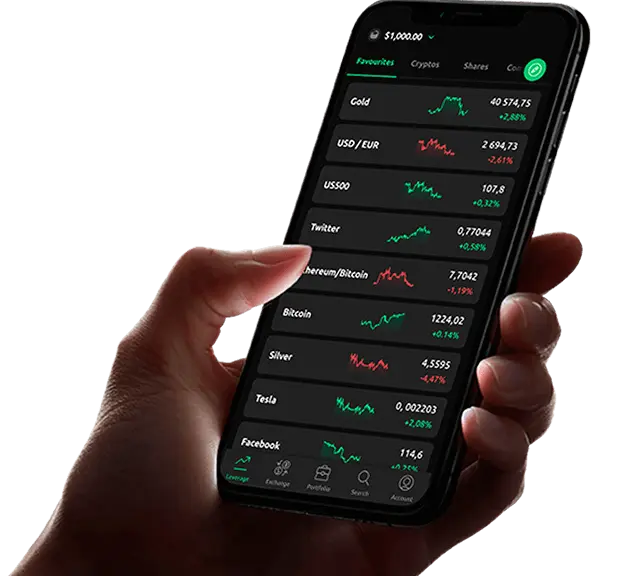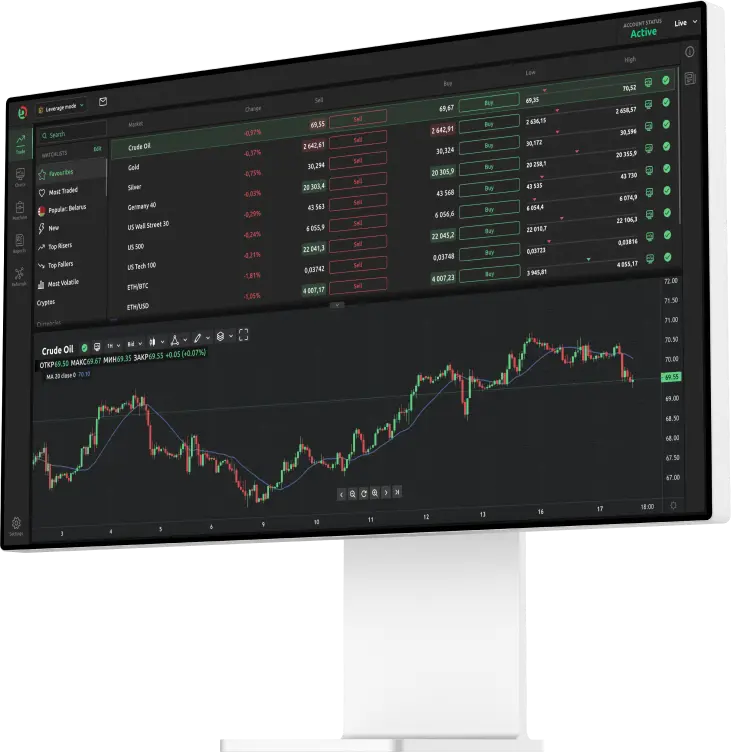Who has the most bitcoin? Data suggests institutions don’t own as much as you may think

Contents
The headlines have been dominated by the rise of institutional investors – with the likes of Tesla, MicroStrategy and countless funds gaining exposure to cryptocurrencies.
But the answer of who has the most bitcoins may surprise you. Generally speaking, the holdings of big businesses pale in comparison to early adopters within the space. There are two reasons for this. First, many institutions remain reluctant to gain exposure to a digital asset known for its volatility. And second, those with bulging balances likely started accruing crypto when a single bitcoin was worth hundreds of dollars, rather than tens of thousands.
Here, we are going to delve into who has the most bitcoin in the world – and reveal how much crypto you need to own to be in the top 1%.
Who owns the most bitcoins?
At this point, it is worth bearing in mind that the maximum number of BTC that will ever exist is capped at 21 million. This supply is going to be gradually released between now and 2140 – and at the time of writing, about 18.9 million of them are in circulation. The total number of bitcoins on the open market is likely to be even less than this, with some estimates suggesting that about 18.5 million BTC have been lost forever since the asset launched.
Data from BitInfoCharts suggest just four crypto addresses have a balance of between 100,000BTC and 1,000,000BTC – representing 3.56% of all the coins in existence. At the time of writing, these wallets had a staggering value of $28.4bn. We already know who these addresses belong to; they are the cold wallets of the Huobi, Binance and Bitfinex exchanges – BTC that is safely stored away from an internet connection.
Let’s move on to the next tier down. The number of wallets that hold between 10,000BTC and 100,000BTC stands at just 85 – and collectively, they are home to almost $87bn in wealth and 10.9% of bitcoin supply. Here is how the rest of bitcoin’s ownership breaks down:
- 2,059 addresses hold between 1,000 and 10,000 bitcoin. Together, they hold almost 5.2 million BTC – 27.46% of total coins, with a cash value of $219bn.
- 13,872 addresses hold between 100 and 1,000 bitcoin. Together, they hold almost 4 million BTC – 21.03% of total coins, with a cash value of almost $168bn.
- 131,531 addresses hold between 10 and 100 bitcoin. Together, they hold almost 4.3 million BTC – 22.69% of total coins, with a cash value of $181bn.
A staggering 85.6% of bitcoin wealth is held in wallets that hold more than 10BTC – and 5.35% store between 0.001BTC and 1BTC. When it comes to how many people own bitcoin, figures vary but it is an estimated 114 million people globally.
But let’s look at this in monetary terms. When it comes to how many people (or addresses) own bitcoin that is worth more than $100, that figure currently stands at over 15 million. Just over six million people own BTC with a value of above $1,000, decreasing to almost two million who have stashed bitcoin worth over $10,000. You will be among 380,499 people if your crypto address has a cash value of $100,000. And, fascinatingly, there are just 95,238 bitcoin millionaires out there.
Who owns bitcoin – and why it matters
These statistics might seem rather abstract at first, but they tell an important story. Institutions are not leading the charge when it comes to Bitcoin’s ever-rising market cap, which comfortably surpassed $1trn in 2021. Instead, it is down to consumers who have jumped on the crypto bandwagon for fear of missing out. This can be a high-risk strategy if you buy in at a high point – but then again, those who purchased BTC when it broke the high of $20,089 in December 2017 will have seen their investment more than treble.
Those who have the most bitcoin may surprise you. At the top of the list is Satoshi Nakamoto, the cryptocurrency’s pseudonymous developer. Research suggests that he has a war chest of as much as 1.1 million BTC, which is likely spread across multiple wallets. Every now and then, we have seen bitcoin mined in this era move between addresses – and this activity has tended to spook the crypto markets.
Law enforcement agencies also feature highly on this list. Bulgaria managed to seize 213,500BTC back in 2017 – before the cryptocurrency broke $20,000 for the first time. If it had held on to these coins, they would be worth a staggering $8.9bn at the time of writing. That would be enough to pay off the government’s debt multiple times over.
Inevitably, the Federal Bureau of Investigation also gets a mention. The bureau managed to seize 144,000BTC when it shutdown the Silk Road website all the way back in 2013. Unfortunately, it ended up selling this crypto haul for an average price of $334 per coin – meaning it missed out on billions.
In terms of people who make the bitcoin rich list, Cameron and Tyler Winklevoss appear prominently. They became billionaires after settling a lawsuit with Mark Zuckerberg and spending $11m of the cash they received on BTC – buying 1.5 million coins at $120 apiece. Bitcoin’s price has since surged by 49,900%. Although they are unlikely to own all of this BTC in the current market, they are certainly sitting on a gold mine.
Price of bitcoin
As for what happens next – with Bitcoin finally breaking the $65,000 zone in October 2021 – JPMorgan’s worry is that institutional interest might not be strong enough to propel the cryptocurrency higher.
That said, some analysts believe that we will soon see a supply squeeze in the bitcoin markets, given how just 900 new BTC are mined on a daily basis. With the likes of Grayscale Investments buying the cryptocurrency faster than it can be mined, sustained demand could open the door to $100,000 and beyond. And with PayPal now offering its own crypto service, and Mastercard set to support digital assets, we could see more people introduced to the crazy world of crypto in the months ahead.
Trade bitcoin to US dollar – BTC/USD chart
FAQs
It might be. Bitcoin has certainly reached new heights in 2021. That said, you do need to be cautious. Cryptocurrencies can be highly volatile and prices can definitely go down as well as up. You need to do your own research and never invest more than you can afford to lose.
When Satoshi Nakamoto was writing the white paper for the world’s first cryptocurrency back in the late noughties, he decided that BTC would have a hard cap of 21 million. However, the cryptocurrency’s unusual design means that the vast majority of bitcoin that will ever exist – nearly 90% of the total supply – is already in circulation.
BTC is available on Dzengi.com. Always remember to do your own research, however, and do not invest more than you can afford to lose.

